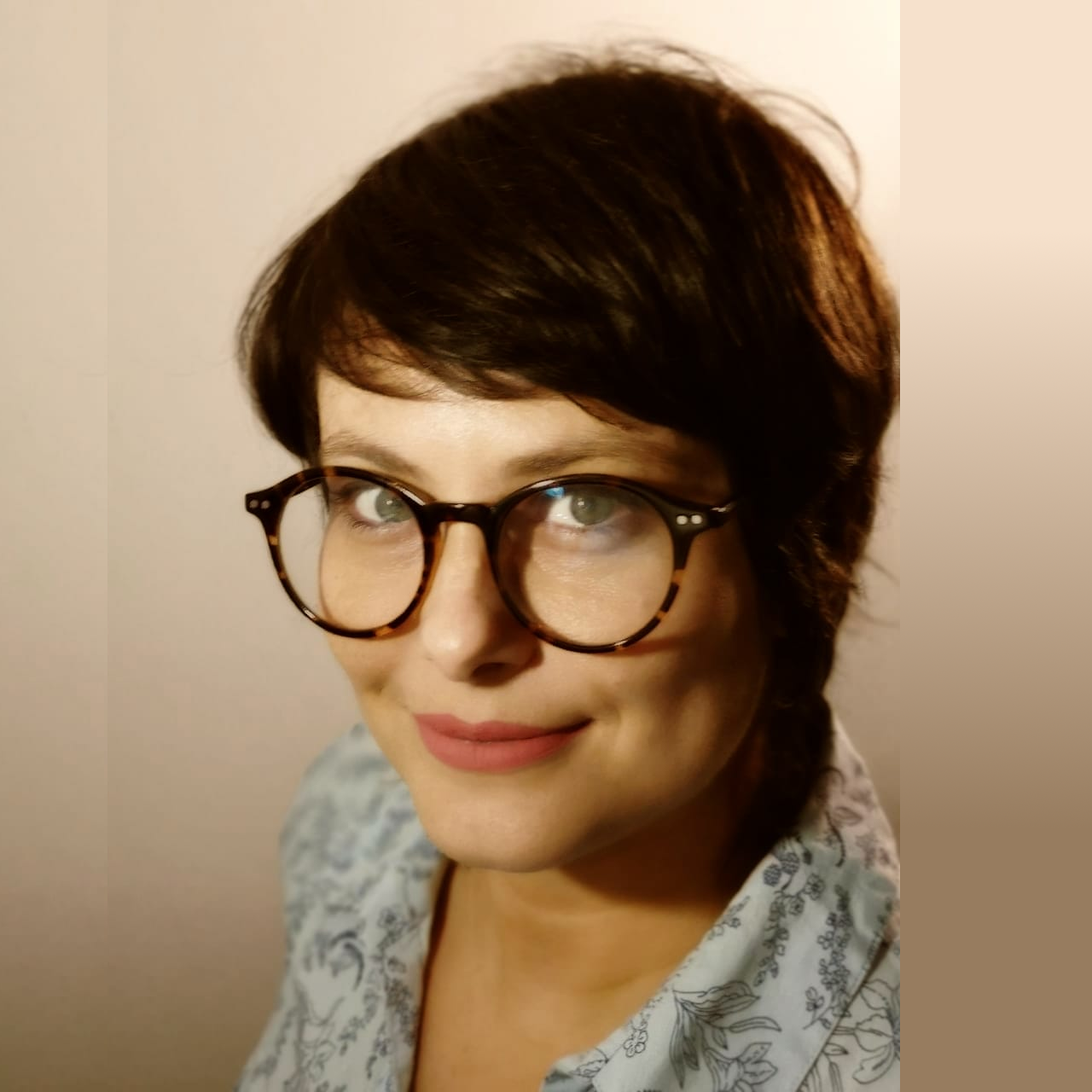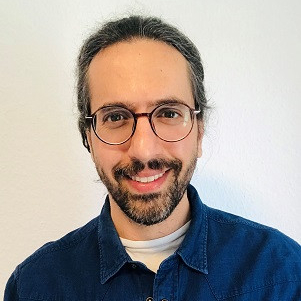“Acren will for the first time enable implementation of citizen-funded agro-environmental projects in a fully transparent and unambiguous way. It opens up the possibility for citizens to clearly and securely track the positive effect that each project has on the environment, and the ability to attribute the direct positive impact – such as CO2 saved, reduced pesticides – to their participation,” says Dr. Nikola Markovic.
Dr. Nikola Markovic is Cofounder of Social Impact Network, the place where DeFi & impact investors make a measurable social and environmental impact with their investment. Social Impact Network leverages the rapid growth of Decentralized Finance (DeFi). By using blockchain, the ecosystem addresses many of the challenges faced by the traditional impact investing sector, which over time will serve to introduce DeFi to a whole new cohort of investors.
You are welcome to contact Dr. Nikola Markovic with your professional interest in Acren and Social Impact Network.
Sebastian Klemm: Why will Decentralized Finance, in short DeFi, eventually become the standard in impact and ESG investing?
Dr. Nikola Markovic: DeFi can address many of the flaws in the existing impact and ESG investing systems, by offering improved transparency, more robust security while replacing many of the outdated processes.
Impact investing is a part of the broader Environmental, Social, and Governance (ESG) investing landscape. The intent behind impact investing is to generate a social and environmental impact besides generating profits. Impact investing is a $715 billion asset class that grew by 42.4% between 2019 and 2020 alone. The rise of impact investing is proof of a global shift in priorities.
However, there is a $2.5 trillion annual shortfall between the UN’s 2030 Sustainable Development Goals targets and how much cash is flowing into the developing nations that need it most.
To meet the rising demand for capital, ESG in general, and impact investing specifically, need to overcome several challenges. Namely, traditional impact investors have to choose one of the two approaches, highly flexible investment but low transparency and social impact (e.g. impact ETFs) or high social impact (e.g. real-asset funds, crowdfunding projects) but low flexibility (an average of 10–15 years per investment). Moreover, there is high uncertainty about how the funds are used and about reported impact measurement due to the lack of transparency.
On the other side there are borrowers looking to implement impact projects, but facing an uphill battle due to limited access to, or eligibility for, below-market-rate loans, and lengthy rigid bureaucratic decision-making processes.
Finally, there are 1.7 billion unbanked people without access to traditional financial services and the opportunity to contribute to the global economic system.
Decentralized Finance, or Open Finance, leverages the power of cryptography, decentralization and blockchain to build a new decentralized alternative to some financial services that exist today, including lending-borrowing, payments, trading and insurance, in a more efficient, fair and open way. The core values of every DeFi platform are transparency, data integrity, speed, and low cost.
DeFi is already shaking the finance world, and after only 3 years has become a $100 billion industry. It is also bringing financial activities to anyone with a smartphone and an internet connection, regardless of geographical origin. While DeFi investors are minting impressive APY gains, there is an underlying yearning to be part of something more impactful, more meaningful, than mere profit-making. Most DeFi projects, with the industry still in its infancy, center on purely profit-driven ventures. There is thus a genuine need for a project that can offer investors typical high returns that are funneled through an effortless real-world impact creation mechanism. The project needs to give easy access in a native environment for DeFi investors to become impact investors. This is certainly the pathway to establish DeFi as a standard in impact and ESG investing.

Sebastian Klemm: Your project Acren just raised €200,000 funding from the Federal Ministry of Education and Research in Germany (BMBF). How will this funding enable you to accelerate your development of innovative and transparent finance for climate actions?
Dr. Nikola Markovic: This recently raised funding for our Acren project shows that there is also a governmental interest in innovative and transparent finance for climate actions. The raised funds will be used for development, research and testing our solution in real-world asset projects.
Sebastian Klemm: How might Acren be linked to Social Impact Network in the future?
Dr. Nikola Markovic: Acren aims to democratize and accelerate finance inclusion for climate action in the agricultural sector. With Acren, we are connecting farmers and environmentally conscious citizens in a safe framework to actively promote environmental protection and improve living conditions in the countryside. Acren will for the first time enable implementation of citizen-funded agro-environmental projects in a fully transparent and unambiguous way. It opens up the possibility for citizens to clearly and securely track the positive effect that each project has on the environment, and the ability to attribute the direct positive impact – such as CO2 saved, reduced pesticides – to their participation.
The main principles and technology implemented in Acren are in correlation with Social Impact Network. It is early to speak with certainty, but we see huge potential in the agro-environmental sector that can lead to a strong impact investing case and eventually to be directly linked to Social Impact Network.
“Acren aims to democratize and accelerate finance inclusion for climate action in the agricultural sector. With Acren, we are connecting farmers and environmentally conscious citizens in a safe framework to actively promote environmental protection and improve living conditions in the countryside,” Dr. Nikola Markovic, Cofounder Social Impact Network
Sebastian Klemm: The DeFi universe keeps expanding, but its core potential for large-scale impact in the world remains untapped. How does Acren / Social Impact Network account for real world social and environmental impact, and how does it raise transparency for its financing?
Dr. Nikola Markovic: We are using advanced technologies, blockchain and IoT, for gathering and transparently presenting the investment linked achieved impact (non financial data) and asset performance (financial data).
The platform gathers non-financial data from numerous sources including: IoT, devices, sensors, drones, as well as surveys from individuals. The impact data output is automatically verified, using algorithmic techniques for ensuring the data is unique and non-anomalous. Verified data are securely, immutably and auditably stored on blockchain, which provide trustworthiness. Moreover, all financial transactions and asset performance are fully transparent alongside non-financial. These make more holistic decision making for impact investing and increase credibility for the impact borrowers.
As an example, in practice, we can take a Sunny Pool. Sunny Pool is the first of many real-world asset funds on Social Impact Network. Specialized in solar PV energy investments, this pool combines real-world asset APYs with stable APYs. CO2 emissions saved (impact metric) are tracked using IoT devices and stored in immutable smart contracts, with all projects supervised by aid organizations like UNDP.
Sebastian Klemm: What next opportunities and partnerships are you seeking for Acren?
Dr. Nikola Markovic: Following the concept phase, Acren is currently in the testing phase. The main objective in this phase is to develop a well rounded prototype. We have planned its development in several stages. First we want to clarify suitable agri-environmental projects in group discussions, surveys and expert interviews. In this stage we are going to establish first use cases with standardized impact measurement and form the test groups. Subsequently, we will run the first prototype with the test groups.
For establishing testing groups and maximising prototype development, we are seeking to reach and connect with farmer associations, family farms, environmental protection and civil organisations, donors and impact investors among others.
Contact Dr. Nikola Markovic
Explore Acren (German Website)
Discover Social Impact Network








 Our project
Our project  Together with
Together with